Over the past 10 years, university autonomy has been mentioned a lot as an inevitable trend, a development requirement, even a solution for Vietnamese higher education to keep up with the world. However, up to now, most schools are still struggling because there are too many problems and shortcomings, especially when they are given some power, but are still bound by many aspects. Whether autonomy is real or just a form is still an open question.
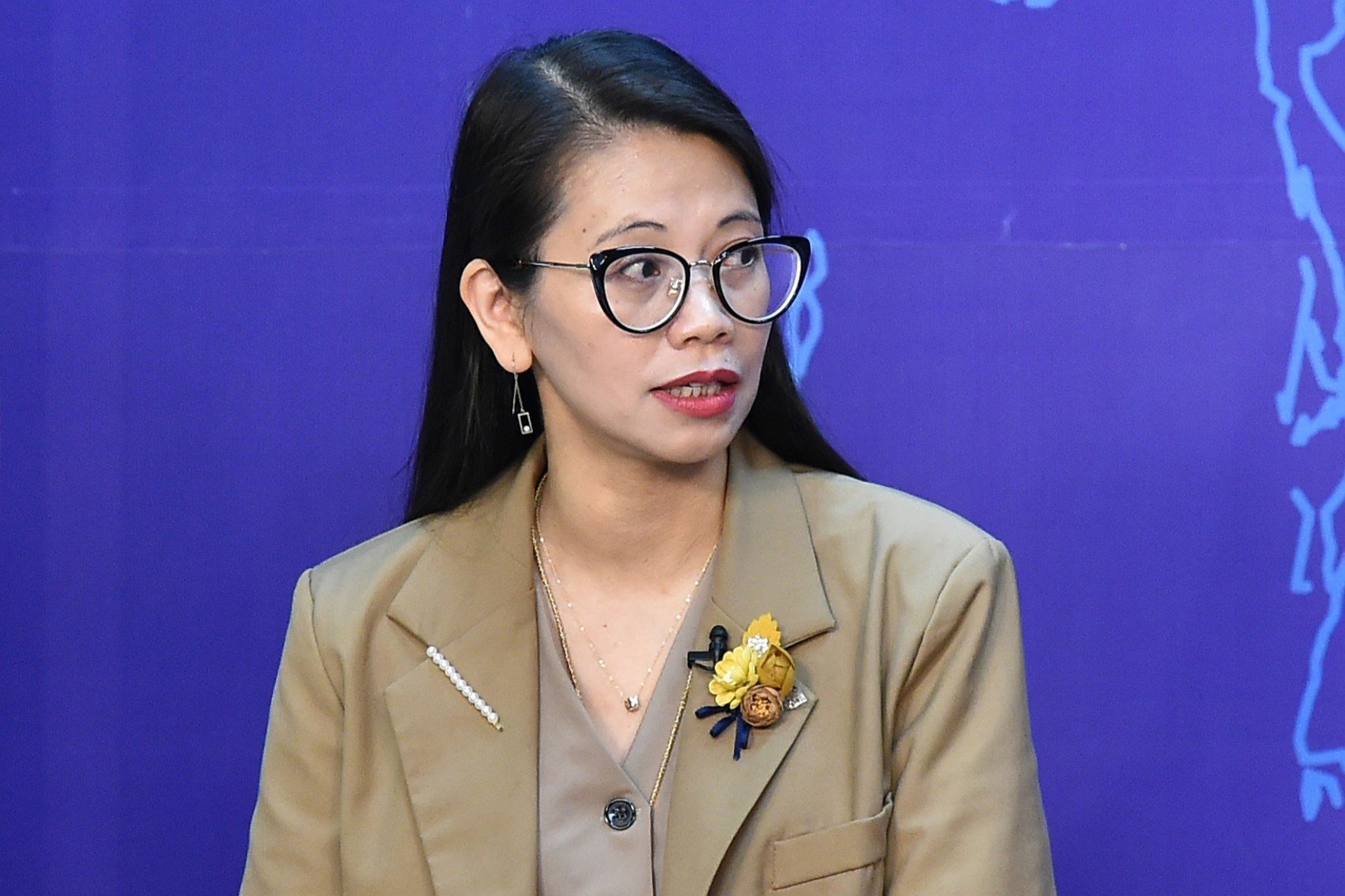
Associate Professor, Dr. Luu Bich Ngoc, Chief of Office of the National Council for Education and Human Resources Development, said that the implementation of university autonomy is slow due to many reasons.
Firstly, society and universities themselves have not understood university autonomy correctly in recent times. “The government has issued policies to increase university autonomy but has cut budget investment, which makes university autonomy synonymous with educational institutions having to fend for themselves,” Ms. Ngoc said.
The second reason, according to Ms. Ngoc, is the existence of conflicts in power, administration, and management. “Currently, universities still have overlaps between the University Council, the Party Committee, and the School Board, leading to inefficiencies in internal operations,” Ms. Ngoc said.
The third point is that the autonomy mechanism is not really open. “When autonomous, universities still have to comply with the State’s legal systems and documents. However, there is no unity or synchronization between these laws, and there are even ‘cross-cutting’ each other. In general, the lack of synchronization in the mechanism has made universities ‘tied up’ when implementing autonomy,” Ms. Ngoc said.
Professor Nguyen Xuan Yem, Director of the Institute of Non-Traditional Security, School of Business and Administration, Hanoi National University, said that to achieve real autonomy, it is very important to clearly define from both sides, which is what the management agency is allowed to do and what the school, especially the leaders, are allowed to do. “If we can do that, university autonomy will be true and there will be no more mechanism of asking and giving in the current conditions,” said Mr. Yem.
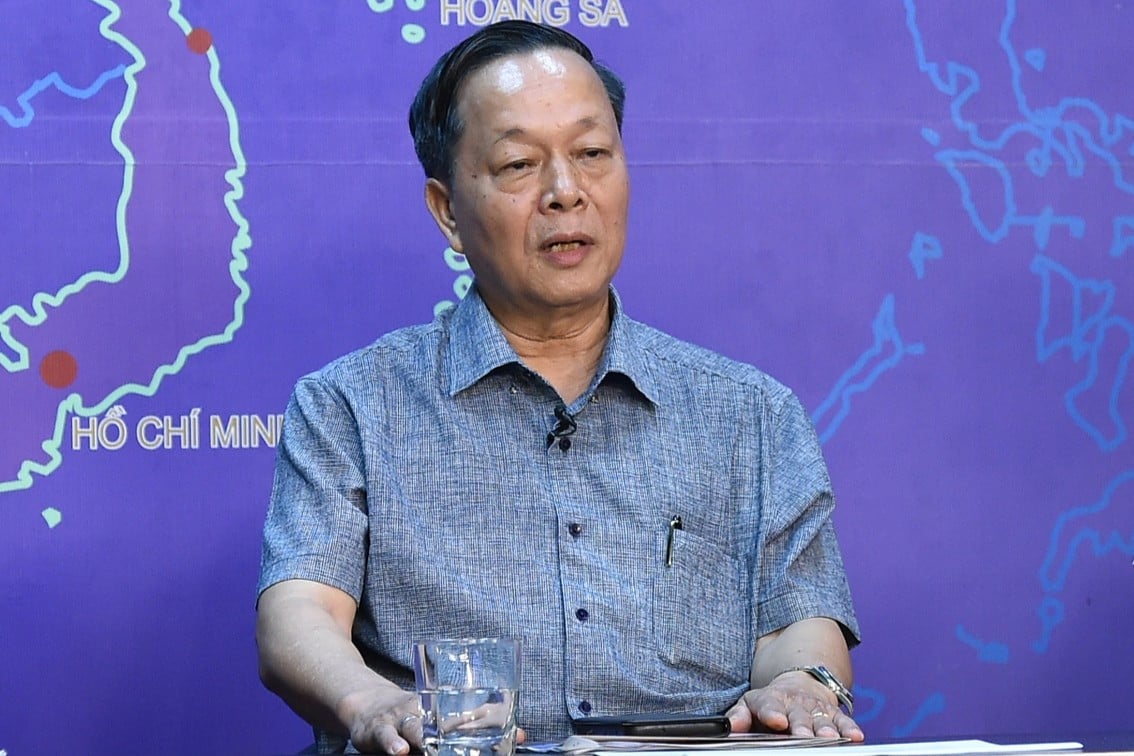
To promote university autonomy in the current period, Ms. Ngoc believes that this is a rather difficult problem. According to her, it is necessary to re-examine the “streamlined – compact – strong” mechanism in school governance at public higher education institutions, because there are many bottlenecks that have not been resolved.
That is the formality in the design and role of the School Council for public higher education institutions. “Although we have a school council, the majority of the council members are still 'the principal's people'. Those are the key leadership positions of the school, of the faculties, most of which are still under the direction of the principal,” Ms. Ngoc said.
Second, the school board invites businesses and corporations to become members. However, with the part-time nature of the task, the cohesion is lacking to be able to go deep into and have support and advice for the decisions of the school board of public universities.
“Therefore, leadership and management power have not been clearly defined between the Party Committee, the School Council and the Board of Directors. This has reduced the motivation to promote autonomy and innovation. This problem needs to be resolved,” said Ms. Ngoc.
In addition, Ms. Ngoc also mentioned the overlap and inefficiency when establishing a university council between the university council and the council of member universities in the national university and regional university model. “National universities and regional universities are leading universities, but in the governance mechanism, there seem to be inefficiencies when there are two levels of councils. It is time to consider whether there should be a new governance model for university autonomy or not. For example, we can consider allowing public universities to operate autonomously according to a business model or a corporate model,” Ms. Ngoc said.
Professor Nguyen Xuan Yem believes that to innovate education and training, there must be a new concept and new thinking about teachers. "Teachers today not only need to be good at teaching and scientific research, but also good at practice. The teaching staff is not only part-time, but must participate in management and teaching organization. Places that teach economics must have the participation of economic activists and business directors to teach students how to get rich. Teachers who do not know how to get rich themselves cannot teach others to get rich, this is a reality," said Mr. Yem.
Source: https://vietnamnet.vn/co-hoi-dong-truong-nhung-thanh-vien-da-so-la-nguoi-cua-hieu-truong-2420691.html



![[Photo] President of the Cuban National Assembly visits President Ho Chi Minh's Mausoleum](https://vphoto.vietnam.vn/thumb/1200x675/vietnam/resource/IMAGE/2025/10/1/39f1142310fc4dae9e3de4fcc9ac2ed0)
![[Photo] Keep your warehouse safe in all situations](https://vphoto.vietnam.vn/thumb/1200x675/vietnam/resource/IMAGE/2025/10/1/3eb4eceafe68497989865e7faa4e4d0e)
![[Photo] Hanoi morning of October 1: Prolonged flooding, people wade to work](https://vphoto.vietnam.vn/thumb/1200x675/vietnam/resource/IMAGE/2025/10/1/189be28938e3493fa26b2938efa2059e)




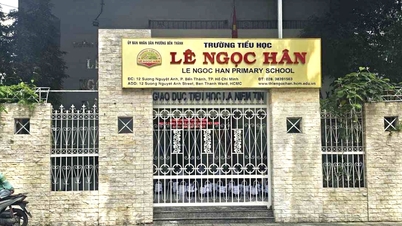
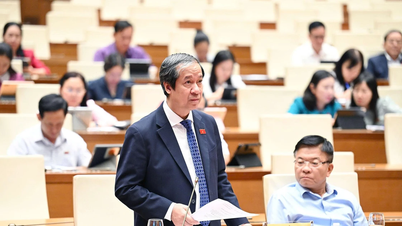

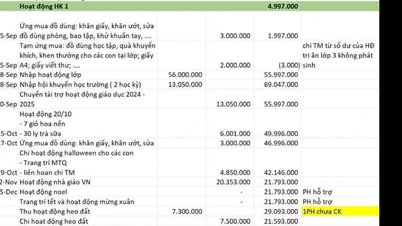
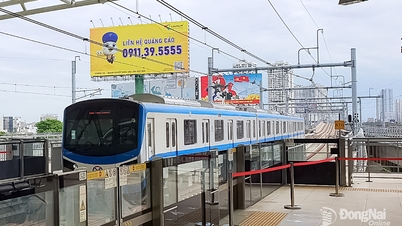



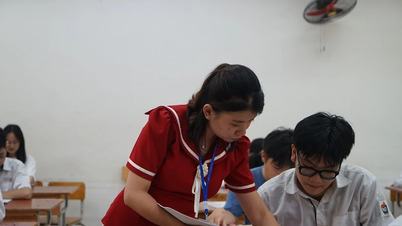
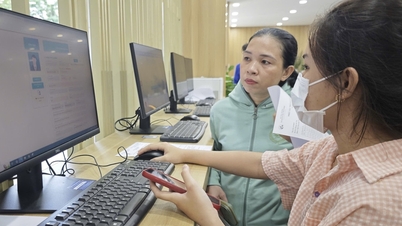
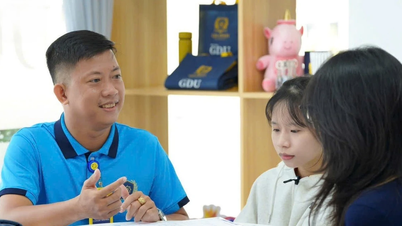


![[Infographic] The number of applications for university and college admission in 2025 has increased sharply](https://vphoto.vietnam.vn/thumb/402x226/vietnam/resource/IMAGE/2025/10/1/8da66b78e0b3468496721724246e3857)





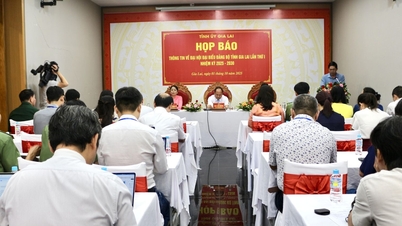
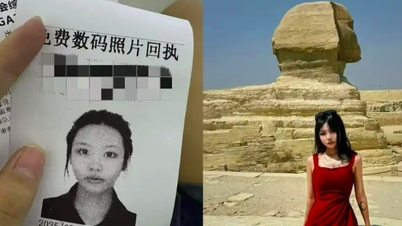

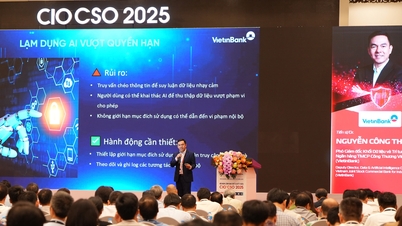
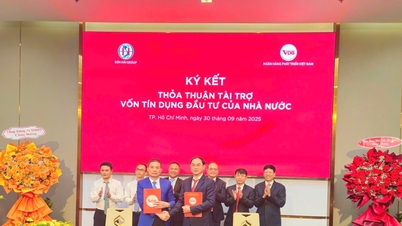
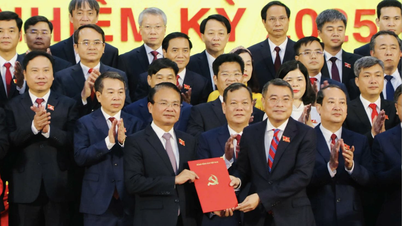








































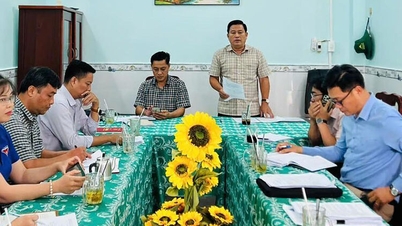
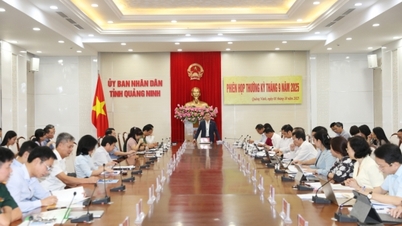



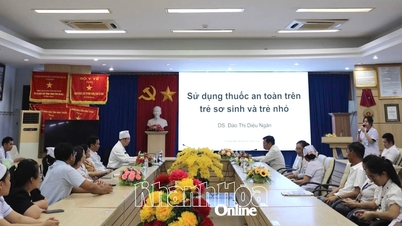

















Comment (0)